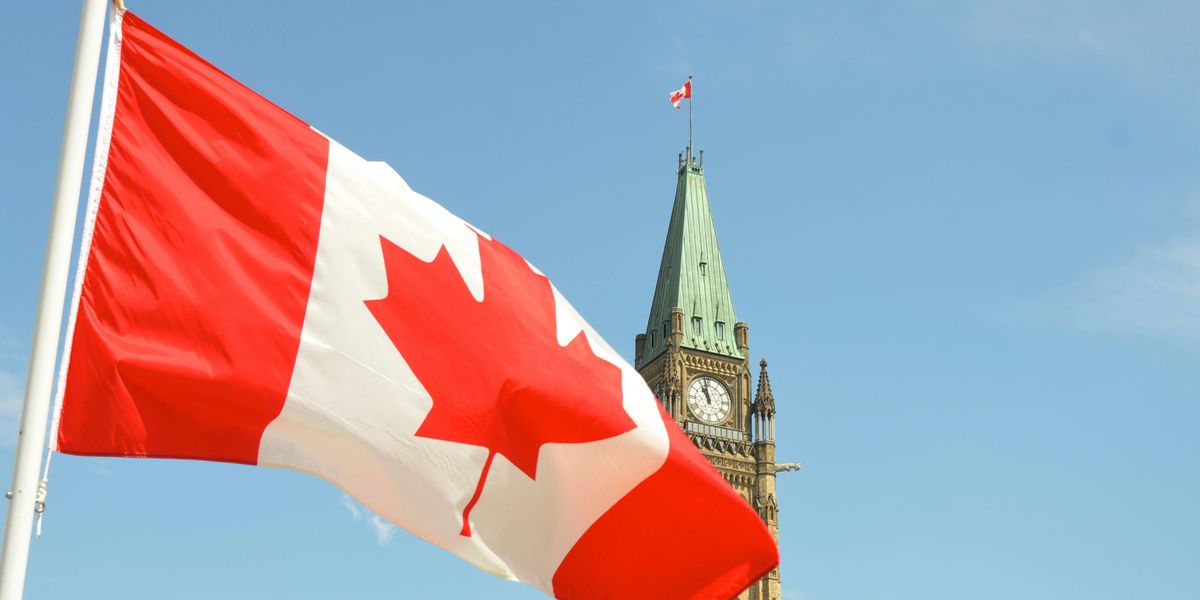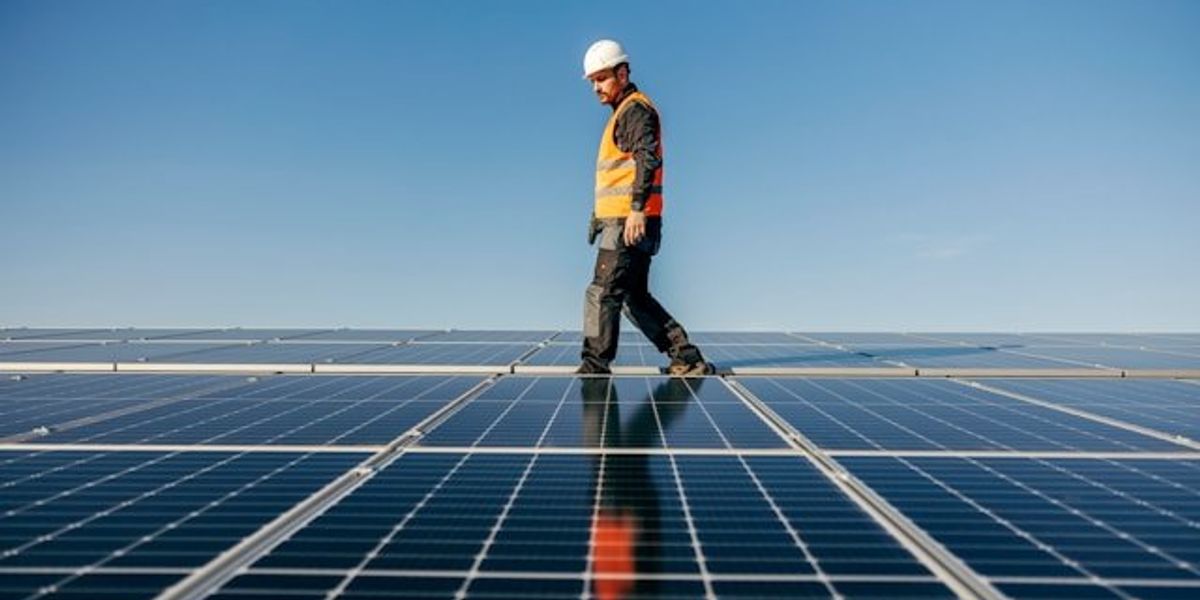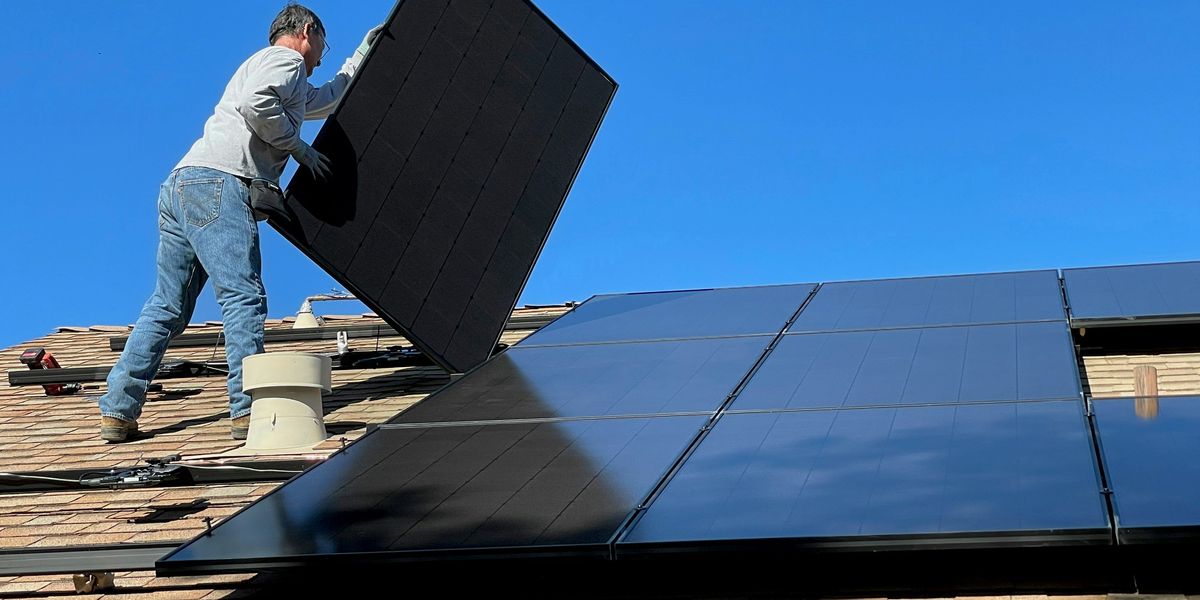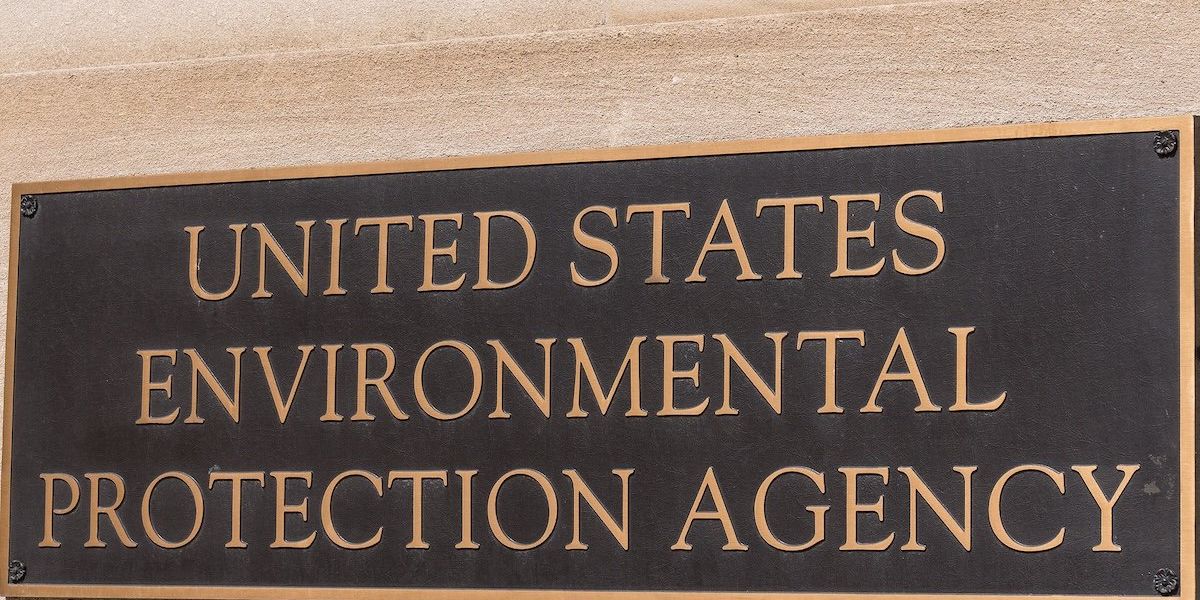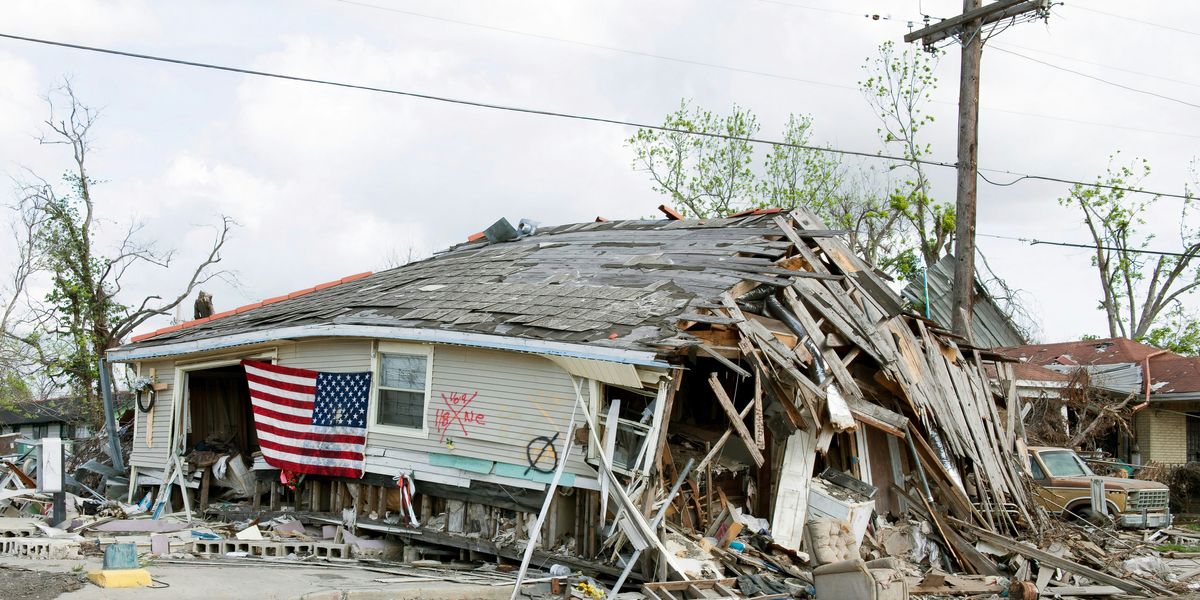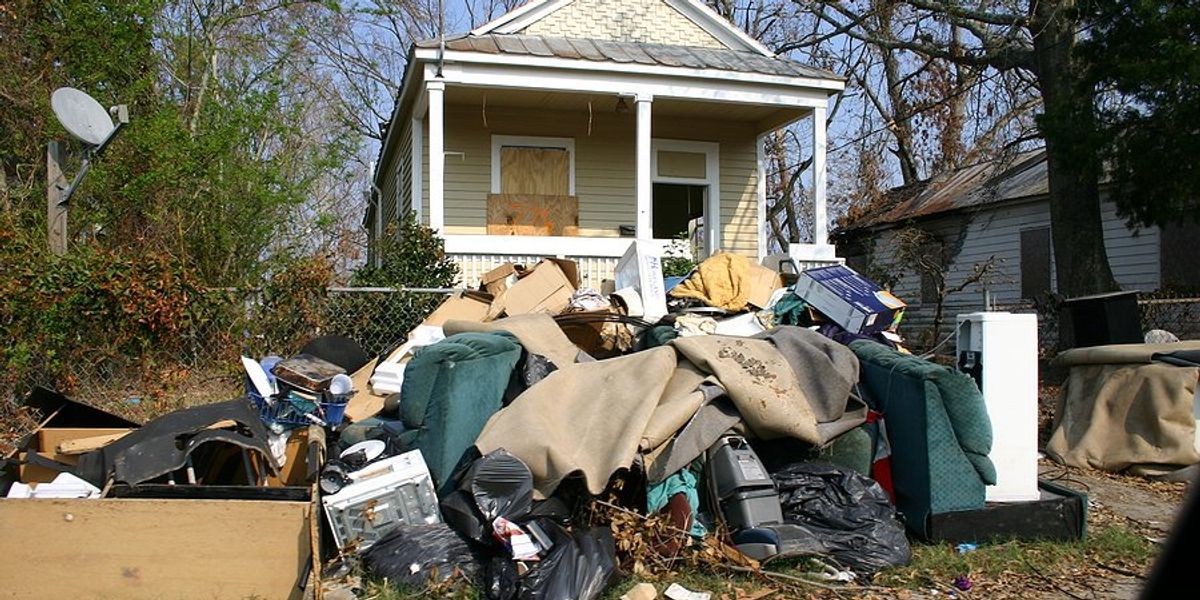illinois
States seek to add health warning labels to gas stoves
California, New York, and Illinois are considering laws to require health warning labels on gas stoves, highlighting their potential risks.
In short:
- Proposed bills in California, New York, and Illinois aim to inform consumers that gas stoves can emit harmful pollutants linked to health issues.
- Appliance manufacturers argue that the warnings are exaggerated and politically motivated, pushing back against the legislation.
- Some Democrats are skeptical about the evidence and impact, suggesting comprehensive programs over labeling.
Key quote:
"We’re not banning gas stoves. We’re just basically requiring them to be labeled, warning people about how to best use them with good ventilation.”
— Gail Pellerin, California Assemblymember
Why this matters:
Health experts are sounding the alarm about pollutants released by gas stoves, which they say can worsen respiratory conditions such as asthma, particularly in children. The issue revolves around the combustion of natural gas, which releases nitrogen dioxide and other harmful pollutants into the air. These emissions can contribute to indoor air pollution levels that exceed those found outdoors, even in heavily trafficked urban areas.
Illinois halts carbon capture projects for two years
Illinois legislators have approved a two-year moratorium on carbon capture pipelines, awaiting new federal safety regulations.
In short:
- The moratorium aims to pause carbon capture pipeline projects in Illinois until federal safety guidelines are established.
- The new law also requires carbon capture facilities to store more carbon than they emit and ensures long-term site monitoring and safety measures.
- Companies must pay surface owners for using underground spaces for carbon storage and contribute to a statewide emergency fund.
Key quote:
"It does offer some really good protections for Illinois that are needed at a time when we are not just anticipating projects — but those projects are moving forward rapidly."
— Pam Richart, co-founder of the Coalition to Stop CO2 Pipelines
Why this matters:
Implementing stringent regulations on carbon capture and storage is crucial to prevent potential environmental hazards and ensure the safety of local communities. While touted as a crucial tool in the fight against climate change, these pipelines also pose significant risks, from potential leaks to environmental degradation. Illinois' action reflects a cautious approach, prioritizing the safety of its residents and ecosystems while awaiting clearer guidelines from federal authorities.
Midwest landowners rally against CO2 pipeline plans
Enticed by hefty federal investments in carbon capture technology, companies are pitching vast pipelines to transport CO2 through the heartland. In Illinois, a retired scholar rallied her community to challenge a pivotal pipeline proposal.
In short:
- Research professor Kathleen Campbell spearheaded a campaign against a CO2 pipeline threatening her home and retirement.
- The proposed pipeline faced strong opposition, leading to its cancellation, highlighting the power of organized landowner resistance.
- The pipeline was part of a controversial climate solution involving carbon capture, facing scrutiny over safety and efficacy.
Key quote:
“Even if the carbon dioxide can be injected underground, there is no guarantee that it will stay there and not leak into the atmosphere."
— 2022 report from the Institute for Energy Economics and Financial Analysis
Why this matters:
The pipeline debate underscores the tension between climate change mitigation efforts and the impact on local communities. It's a microcosm of the national dialogue on balancing environmental progress with human costs.
Question for the reader:
How do you balance the need for environmental initiatives with the rights and safety of individuals in affected areas?
In this op-ed for EHN, Seth Mullendore argues that those holding up carbon capture and hydrogen as new climate solutions are leading us down the wrong path.
AI-based tools helped produce this text, with human oversight and editing.
With climate change, Illinois farmers seek federal investment
With climate change, Illinois farmers seek federal investment
Midwest taps dueling strategies to supercharge renewables
Illinois and Indiana are separated by more than a state line, time zones and which political party dominates state government. The Midwest neighbors have also taken opposite tacks to enable more renewable energy development.
Chicago suburbs, running out of water, will tap Lake Michigan
A city straddling the Des Plaines River that is less than 30 miles from one of the world’s largest freshwater lakes is an unexpected setting for a water shortage. But that’s the situation in Joliet, the Illinois city on the verge of exhausting its groundwater supply.











